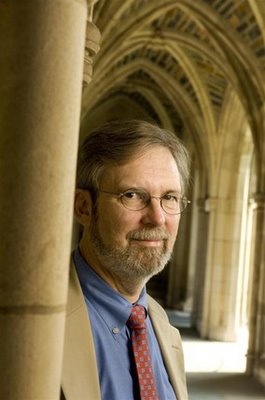Staggered Vision (Alison, 2005)
Staggered Vision. It’s what we get today in the gospel. In order to begin to make sense of what must be one of the most mysterious passages of writing anywhere, I’d like to try and fill in some of the background context. The background context is best known as Holy Saturday, one of my favourite days of the year. We had it yesterday. I think it’s my favourite day of the year because I’m essentially lazy, and it’s the day when God rests. All the readings and psalms are about God resting. And the reason why God rests is because on Good Friday he accomplished everything, he finished creation. He entered into death and made it untoxic. So on Holy Saturday a great quietness is over the earth, because of course, no-one else knows about this yet. It’s the great quietness of creation having been completed, of death no longer being the enemy of the creatures, but something that can be lived through and in, as part of being a creature. It’s death occupied by God. It’s where he fulfils what he says in Isaiah 25, which we get to hear echoes of in today’s gospel. And he will destroy on this mountain the covering that is cast over all peoples, the veil that is spread over all nations. He will swallow up death for ever. (Is 25:7)




